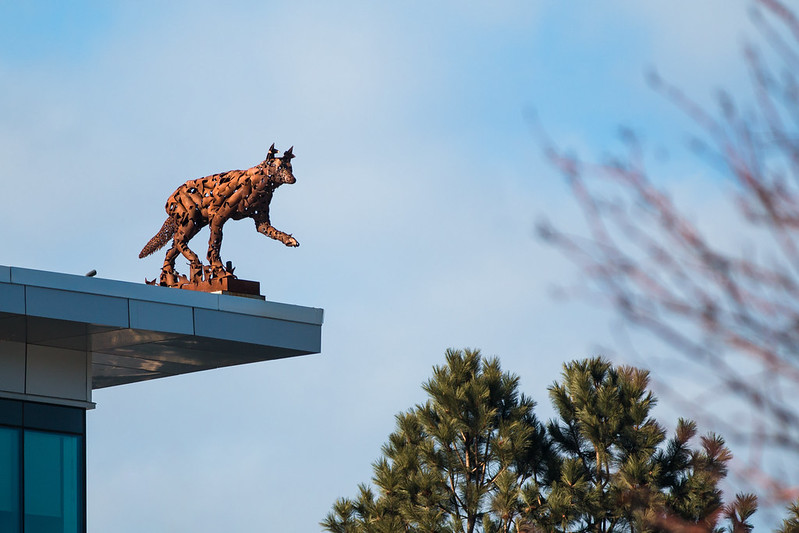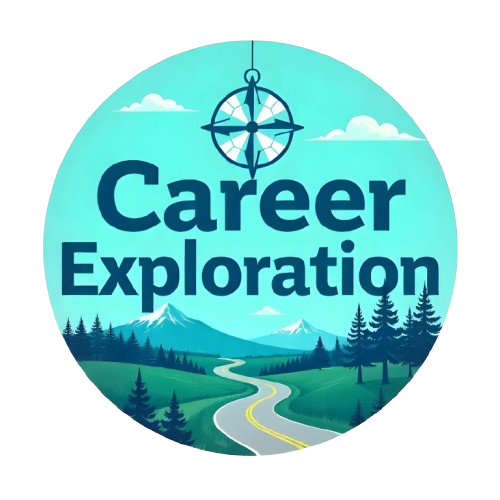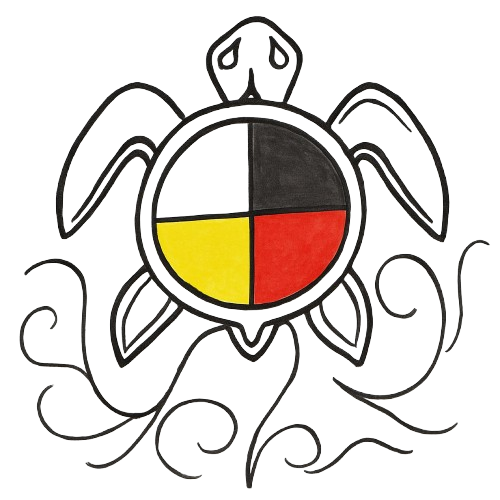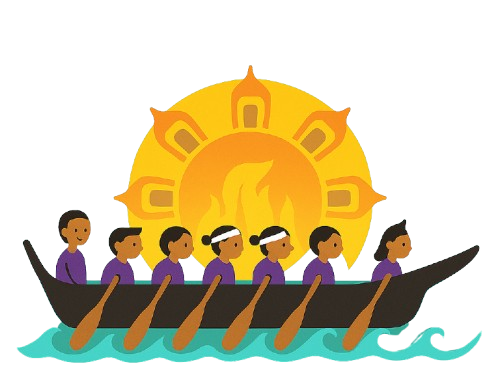Indigenous Ways of Knowing Within British Columbia, Canada
Indigenous Knowledge Systems in the Territories Now Known as British Columbia
First Nations knowledge systems, which include sophisticated ecological understanding, oral histories and teachings, and collective governance, have been active agents on these lands since time immemorial. Each First Nation maintains distinct relationships with their specific territories, relationships that have created and maintained the abundance and biological diversity of these lands.
The lands now known as British Columbia are the ancestral territories of over 200 distinct First Nations, each with their own languages, governance systems, and knowledge systems rooted in their specific territories. While the term ‘Indigenous’ in Canada includes First Nations, Métis, and Inuit peoples, this resource specifically honours the First Nations whose territories we are on. Those living within Secwepemcúl̓ecw have a responsibility to learn about Secwépemc knowledge, language, and protocols. Recognizing and respecting these territorial distinctions is essential to supporting Indigenous sovereignty and self-determination.
This resource was created on the unceded, ancestral territories of Tk̓emlúps te Secwépemc and T̓éxelc, two of the seventeen Secwépemc communities. The Secwépemc Nation has never surrendered the tmicw (lands), or yerí7 re stsq̓ey̓s re Secwépemc, m q̓iyém̓ ne tmicw (Secwépemc laws and governance systems written on the land). This acknowledgement is not merely ceremonial; it recognizes that the presence of non-Indigenous institutions and peoples occupying this land is directly connected to the violent dispossession of Indigenous Peoples from their homelands across Canada, a process that continues through systemic inequities today.
As non-Indigenous peoples occupying space in Secwepemcúl̓ecw, there is a responsibility to understand how colonialism has attempted to sever Indigenous Peoples from their ancestral knowledge systems, languages, and territories. This educational resource represents one small step toward addressing these harms by centring Indigenous perspectives and supporting the revitalization of Indigenous ways of knowing.
Kukwstép-kucw (we thank you all) to Tk̓emlúps te Secwépemc and T̓éxelc, who continue to share their teachings on decolonization, Secwepemcízation resistance, and cultural resurgence. Their guidance, rooted in knowledge systems that have persisted through generations of colonial violence, challenges everyone to examine their roles in perpetuating colonial systems and to work toward meaningful change.
Xyemstwécw-kt – We respect each other.

Gallery of Resources
Below, you can click on any of the following images to access and expand your knowledge
Media Attributions
- “Coyote on roof of Brown Family House of Learning” by Thompson Rivers University, via Flickr, is used under a CC BY-NC-SA 2.0 license.
- “Learning” icon by Nur Achmadi Yusuf, via Noun Project, is used under a CC BY 3.0 license.
- “Book” icon by Ziss, via Noun Project, is used under a CC BY 3.0 license.
- “Ocean” icon by Fahmi Hidayat, via Noun Project, is used under a CC BY 3.0 license.
- “youth empowerment” icon by syafii5758, via Noun Project, is used under a CC BY 3.0 license.
- “Map” icon by AB Designs, via Noun Project, is used under a CC BY 3.0 license.
- “journey” icon by Edy Subiyanto, via Noun Project, is used under a CC BY 3.0 license.
- “A-to-Z” icon by iconsmind.com, via Noun Project, is used under a CC BY 3.0 license.
- “Infinity” icon by Yudhi Restu Pebriyanto, via Noun Project, is used under a CC BY 3.0 license.
- “Leaning” icon by Nur Achmadi Yusuf, via Noun Project, is used under a CC BY 3.0 license.
- “Globe” icon by gravisio, via Noun Project, is used under a CC BY 3.0 license.
- “turtle” icon by Syahrul Hidayatullah, via Noun Project, is used under a CC BY 3.0 license.
- “digital” icon by moon studio, via Noun Project, is used under a CC BY 3.0 license.
- “link chain” icon by Icon Island, via Noun Project, is used under a CC BY 3.0 license.















